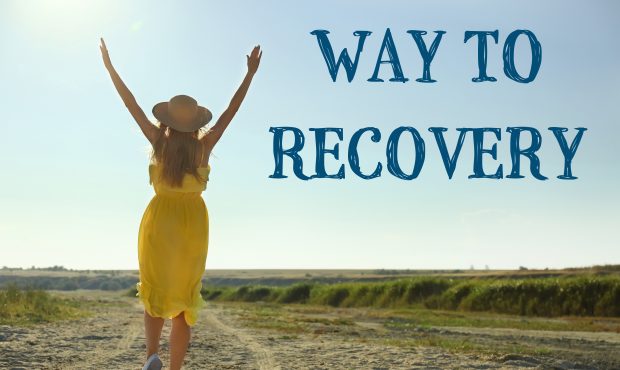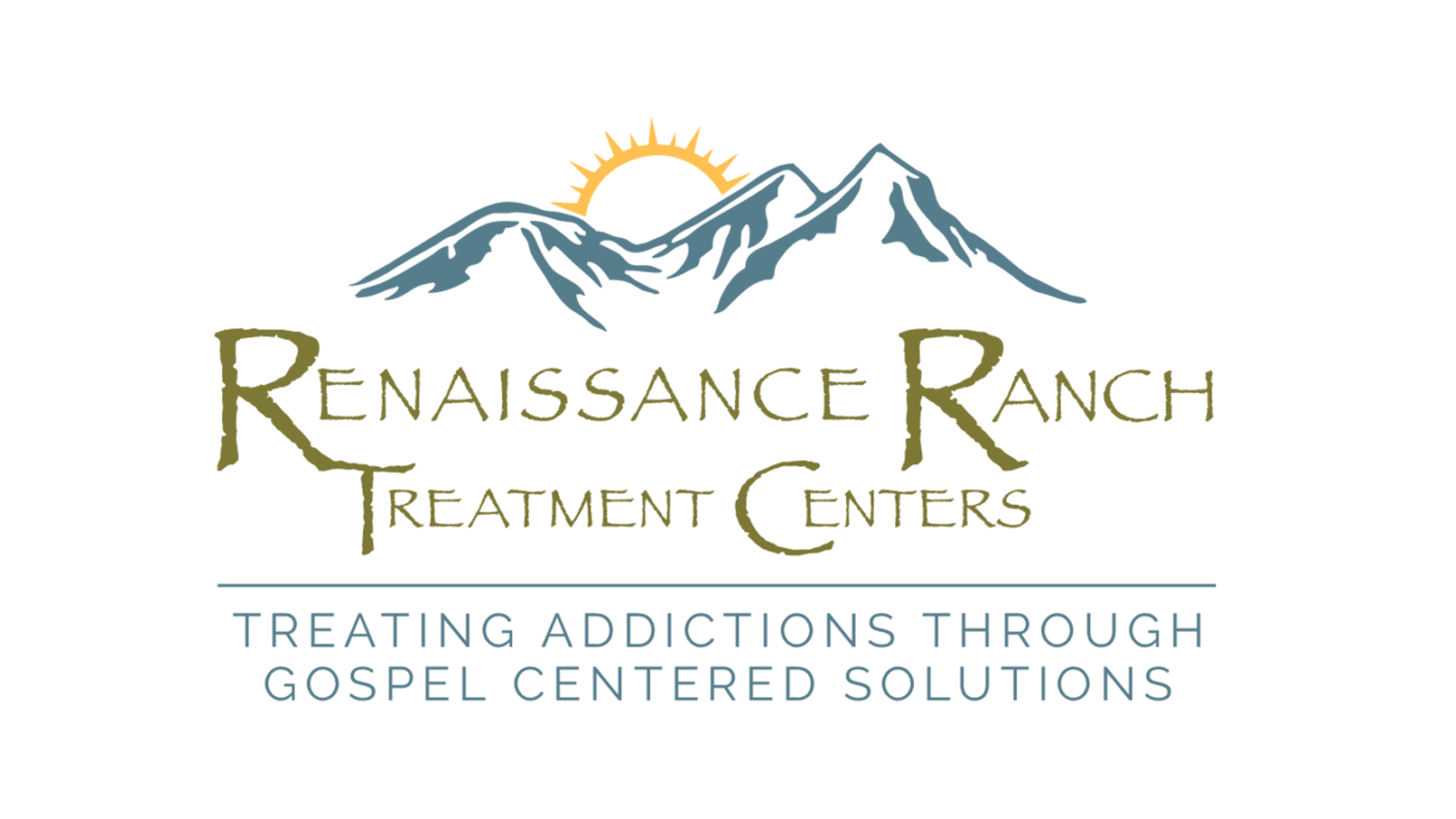SPONSORED
On the Road to Recovery and Wellness: 6 Tips for Families Struggling with Addiction
Feb 5, 2021, 12:39 PM | Updated: May 6, 2021, 4:49 pm

Photo: Adobe Stock
 This article about recovery and wellness is presented by Renaissance Ranch.
This article about recovery and wellness is presented by Renaissance Ranch.
The pandemic has unfortunately taken a toll on those struggling with substance abuse addiction. And right now many families are wondering about the best ways to help their loved ones. Research shows that when families are involved there is a much better chance someone will seek treatment. Here are 6 tips to help with recovery and wellness if someone you love is struggling with addiction.
1. Understand Addiction

Photo: Adobe Stock
To help someone that is struggling, you need to know what addiction is. In 2011, the American Society of Addiction Medicine adopted a new definition of addiction. After four years of in-depth studies by eighty experts, it was decided that addiction is “chronic brain disease, not just bad behaviors or bad choices.” Addiction is a disease and the validation of science is why insurance companies are currently willing to help with treatment when appropriately assessed.
2. Replace Judgment with Advocacy

Photo: Adobe Stock
Once you understand that your loved one is suffering from a midbrain disease and is in desperate need of legitimate help, the stigma of addiction shouldn’t be an issue. Don’t let your hurt hearts and emotions get the best of you. Your compassion and motivation to seek appropriate help will be much more effective. Just like any other disease, the sooner your loved one’s substance abuse disorder is diagnosed, healing can begin.
3. Rock Bottom is a Myth

Photo: Adobe Stock
Waiting for a loved one to hit “rock bottom” is dangerous. Addiction is chronic, progressive, and sometimes fatal. It can be like any other disease. The healing can only start once the addiction is diagnosed and addressed. But if they seek help from others, especially in group settings like 12 step programs, it can drastically increase their odds of being successful. That way they can learn from others recovering alongside them who have found solutions to the same challenges.
4. Beware Your Contribution to the Cycle of Addiction

Photo: Adobe Stock
You might fall back into negative behaviors of codependent rescuing, persecuting, or suffering. But you need to shift any negative interactions into more positive patterns of love and connection. Hope, and a sense of working together, can combat the disease. There is a fine line between what is helpful and what is hurtful in their interactions. So make sure you are contributing loving and firm boundaries to ensure stronger, more respectful relationships.
5. Learn to Communicate without Shame

Photo: Adobe Stock
You’ll need to learn to communicate appropriately without triggering shame. This so-called “emotional bleeding” can lead to cravings. And cravings are a symptom of the midbrain disease of addiction. This can be hard. But you shouldn’t put any blame or shame on someone struggling with addiction. Especially if you love them.
6. Meetings Offer Different Models of Recovery and Wellness

Photo: Adobe Stock
One recovery treatment center, Renaissance Ranch, offers four, weekly online family addiction recovery classes, as well as podcasts and zoom webinars that are free and open to the public. Facilitators have personal experience with addicted family systems, so they teach from the spouse’s or parent’s perspective. One group is even a women’s only class. Renaissance Ranch treatment staff affirms that codependent family members just like yours are working the same 12 steps of recovery that have been instrumental in helping millions of alcoholics find recovery and treatment.
Even a study sponsored by NIDA showed that family engagement in the recovery process is imperative. That’s because the likelihood of long-term sobriety post-treatment for up to a year can increase by 78%. As Stephen R. Covey, author of The & Habits of Highly Effective People once said, “successful families are families who never give up.”
Related articles:







